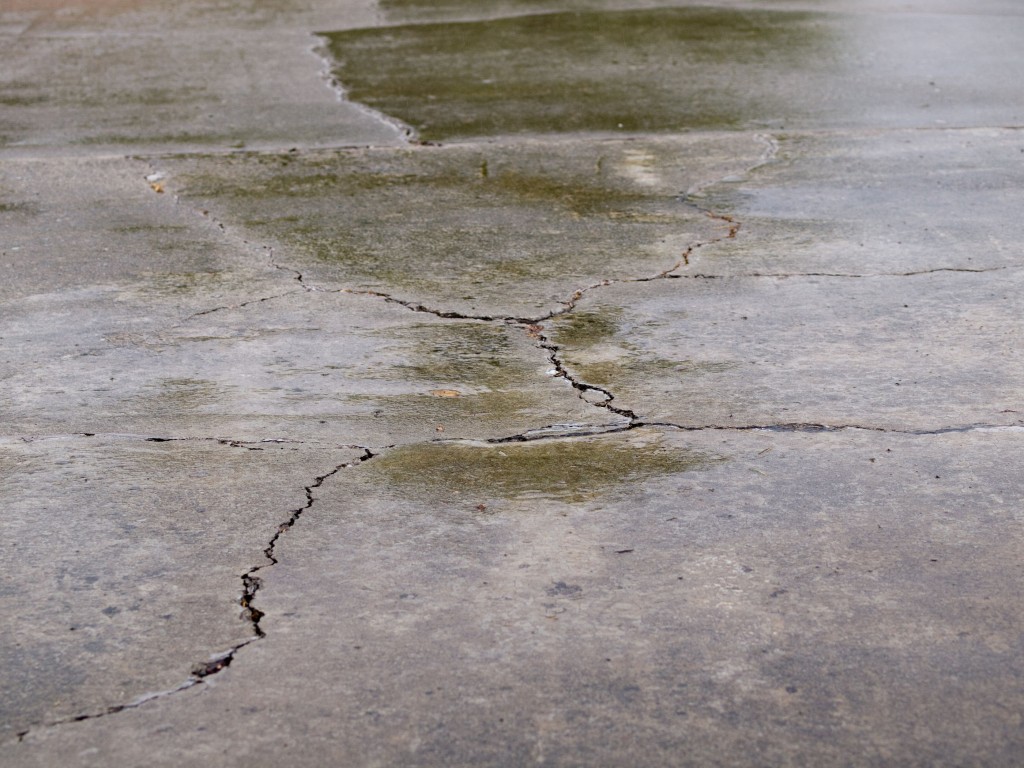A leaky roof in a commercial building is more than just a hassle, it can be a disaster! Mold, water damage, and structural instability can lead to huge losses in inventory or expensive repairs. Concrete roofs, though strong and effective, are very susceptible to water damage because they are in contact with so much rain. An ounce of prevention is surely better than a pound of cure when it comes to protecting your commercial concrete assets.
There are several methods of waterproofing for concrete, but roofs are tricky to protect and some concrete roof waterproofing methods are better than others. Keep reading to find out which method is right for your commercial concrete assets.
When protecting your concrete buildings, it is best to leave the job to a professional. Concrete Restoration Services Inc. has been in business for over 30 years with affordable options and outstanding service in waterproofing concrete structures. If you would like to reach a Concrete Restoration contractor please call 301-261-4933 or just click here and fill out our contact form and we’ll get back to you soon!
Pre-set or Integral Waterproofing
If you are building a concrete roof, you may be tempted to use integral waterproofing. This is when you put a waterproofing admixture into the concrete before it is set. Popular integral admixtures may use jargon like “crystalline technology,” which basically means that the admixture forms a waterproof barrier by expanding within tiny cracks in the concrete where water might otherwise get through.
Integral waterproofing, while attractive, isn’t reliable as a first and last line of defense for commercial concrete roofs. Roofs take direct sunlight through the hottest parts of the year and are exposed to cold air in the winter. These drastic temperature changes cause the concrete to expand and contract, which is why your roof should have appropriate expansion joints. The constant expansion and contraction breaks the delicate crystal structures that make admixtures waterproof. Admixtures can work in other applications, but they are not feasible for concrete roofs.
Bentonite Clay
Like integral waterproofing, bentonite clay has the advantage of being able to be applied to an existing structure. When the bentonite is exposed to water, it expands and shuts out the moisture.
Bentonite is quick to apply, but most commercial properties stay away from it. Why? Since bentonite isn’t waterproof until exposed to the kind of water that can damage your roof, it can’t be checked for integrity. You just have to hope that the installation addressed the problem and that the bentonite does its job when storms hit.
Bentonite will also decay over time and can be washed away by heavy rainfall and moving water. For owners that can’t take a gamble, bentonite isn’t a true solution.
Pre-Formed Sheet Waterproof Membranes
Sheet membranes can be added to existing structures to waterproof them. They are typically rolls of self-adhesive petroleum based sheets that must be cut and applied to the concrete after it is dried and cured.
Sheet membranes have elastic properties which allow them to move with expanding and contracting concrete, but they do have several drawbacks. First, the installation process requires a great deal of labor since any protrusions and walls need to have sheets specially cut and sealed.
Since the waterproof barrier consists of a series of pieces, you must also be very careful that the seams and edges overlap perfectly or else you could be leaving your roof unprotected. Additionally, sheet membranes do deteriorate over time and are typically costly to reinstall.
Liquid-Applied membranes
Like sheet membranes, liquid-applied waterproof membranes can handle the rigors of an expanding and contracting roof. Liquid application membranes also have the benefit of being a seamless coating that can be applied to complex structures. When a liquid-applied membrane is properly installed, you can be sure that the seal is waterproof and worry-free.
The only disadvantage to a liquid-applied membrane is that it requires application by truly experienced professionals to get the proper coating thickness. Since liquid-applied membranes are the most reliable and effective solution, Concrete Restoration’s waterproofing experts specialize in the application of liquid-applied membranes.
With Concrete Restoration, you can be sure that your waterproofing solution will be VOC-compliant and durable enough for even the most rugged conditions.
Let Concrete Restoration Waterproof Your Concrete Roof
Concrete Restoration Services Inc. has been in business for more than 30 years. We pride ourselves on providing affordable options and outstanding service in building, maintaining, repairing, and restoring concrete structures in the Maryland, DC, and Virginia areas.
If you would like to reach a Concrete Restoration contractor please call 301- 261-4933 or just click here and fill out our contact form.
View all Concrete Restoration Services
Read our Blog for more concrete tips
From Concrete Roof Waterproofing Methods – back to Home page




